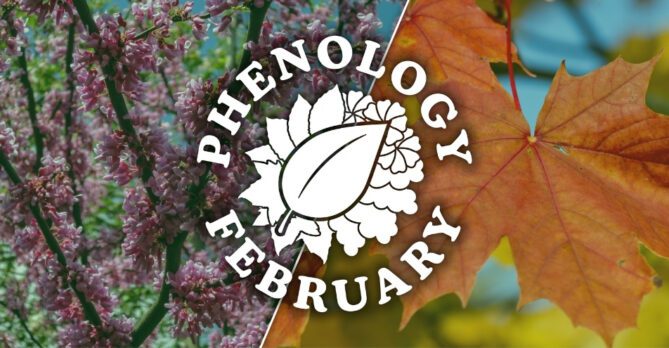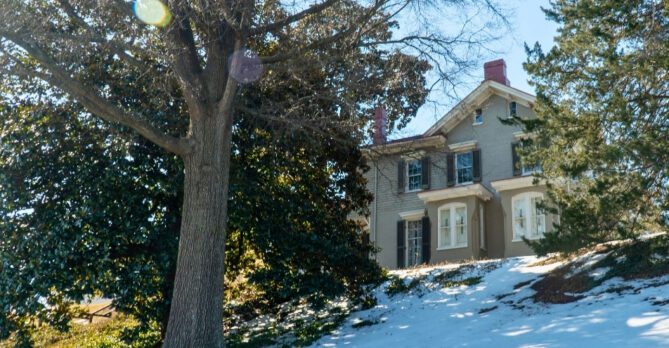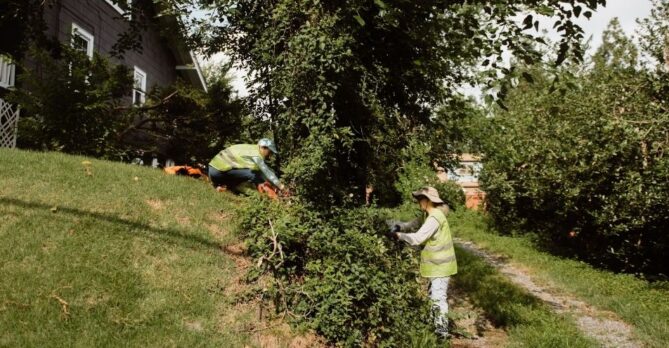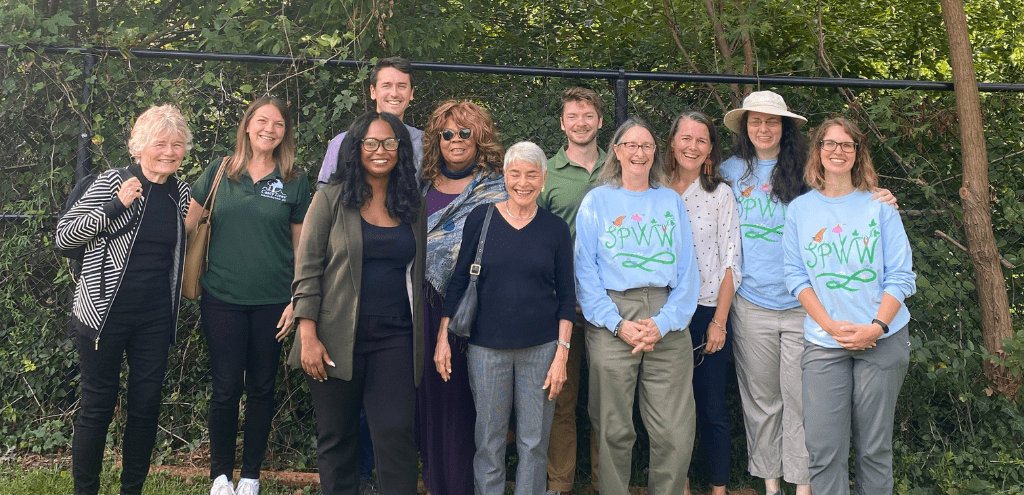
Last spring, advocates representing natural resource organizations from across the District testified in front of the DC Council as part of the annual Performance Oversight cycle for District government agencies. Although these advocates individually work on unique issues, they each shared one message as a key part of their testimonies: the need for better management of natural areas in DC. Six months later, Ward 4 Councilmember Janeese Lewis George introduced a bill establishing the Office of Natural Area Conservation – a brand new arm of the District government that would oversee protection of our green spaces.
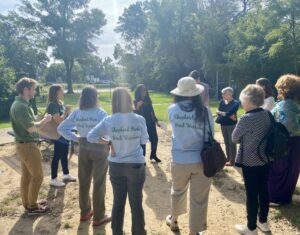 DC has some of the strongest protections for trees in the nation. Between our multiple classes of protected trees, permits for tree care, and funding for tree planting we have a robust system for keeping track of our trees. What this system lacks, however, is care for forests rather than individual trees. DC may not have the swathes of forests that first come to mind, but our forest “patches” still provide very valuable services that individual trees do not. Invasive species, accumulating litter, and misuse threaten the health of forests in DC. The new bill, called the Office of Natural Area Conservation Establishment Act, aims to manage these threats and will codify forests into two categories.
DC has some of the strongest protections for trees in the nation. Between our multiple classes of protected trees, permits for tree care, and funding for tree planting we have a robust system for keeping track of our trees. What this system lacks, however, is care for forests rather than individual trees. DC may not have the swathes of forests that first come to mind, but our forest “patches” still provide very valuable services that individual trees do not. Invasive species, accumulating litter, and misuse threaten the health of forests in DC. The new bill, called the Office of Natural Area Conservation Establishment Act, aims to manage these threats and will codify forests into two categories.
The first category is forest patches. These are densely vegetated areas that provide local stormwater management, more pronounced cooling than individual trees, and habitat for wildlife. The second category is forested natural areas, which are a larger type of forest patch consisting of a forested “core” area surrounded by a buffer. The core is a defining feature of these patches; they are large enough to have a significant impact on their surroundings and act as miniature ecosystems.
These forested natural areas will be catalogued and managed by the Office of Natural Area Conservation so we can better understand and protect these areas that provide us with exceptional ecological benefits, while smaller patches can be cared for by communities through an “Adopt a Forest Patch” program with support from the District government. Additionally, the Office will work to reimagine forests as welcoming recreational spaces, including improved signage and trails.
This bill in itself is a testament to how our advocacy program works. Over the past few years, Casey Trees staff worked directly with environmental partners and residents from across the District to demonstrate that forested areas are in dire need of the same protection that individual trees get. In addition, we testified at multiple agency hearings last year with the same message calling for better coordination across District agencies to manage our forests.
Finally, while this bill was being written, Casey Trees staff served as subject matter experts on tree protection in DC by sharing scientific data (much of that being the same data we use in our Tree Report Cards) and policy analysis with the Council. Through years of dedicated and focused advocacy we were able to turn our work on forest health into a first-of-its-kind policy.
For years, maintenance and upkeep of our forested areas – including trash and invasive species removal – came down to volunteer activities run by environmental groups like Casey Trees. Once this bill becomes law, there will be dedicated support from the District government for these activities combined with the knowledge and tools that District agencies already possess. It is the first step in ensuring that our green spaces stay inviting, educational, and healthy for generations to come.
Stay tuned for updates, as we will need your support to get this passed! This bill would not have happened without the advocacy and support of our partner organizations including Anacostia Parks and Community Collaborative, DC Environmental Network, Ward 8 Woods, City Wildlife, DC Parks and People, the Citizens Forest Health Working Group, and many more. We would also like to thank our volunteers who act as our eyes and ears in DC’s parks. We are excited that every District resident will soon be able to enjoy healthier, more inviting, and vibrant forested parks. We will be testifying in support of this bill over the coming legislative session, stay tuned for how you too can advocate for healthier, more inviting, and vibrant forested parks.
